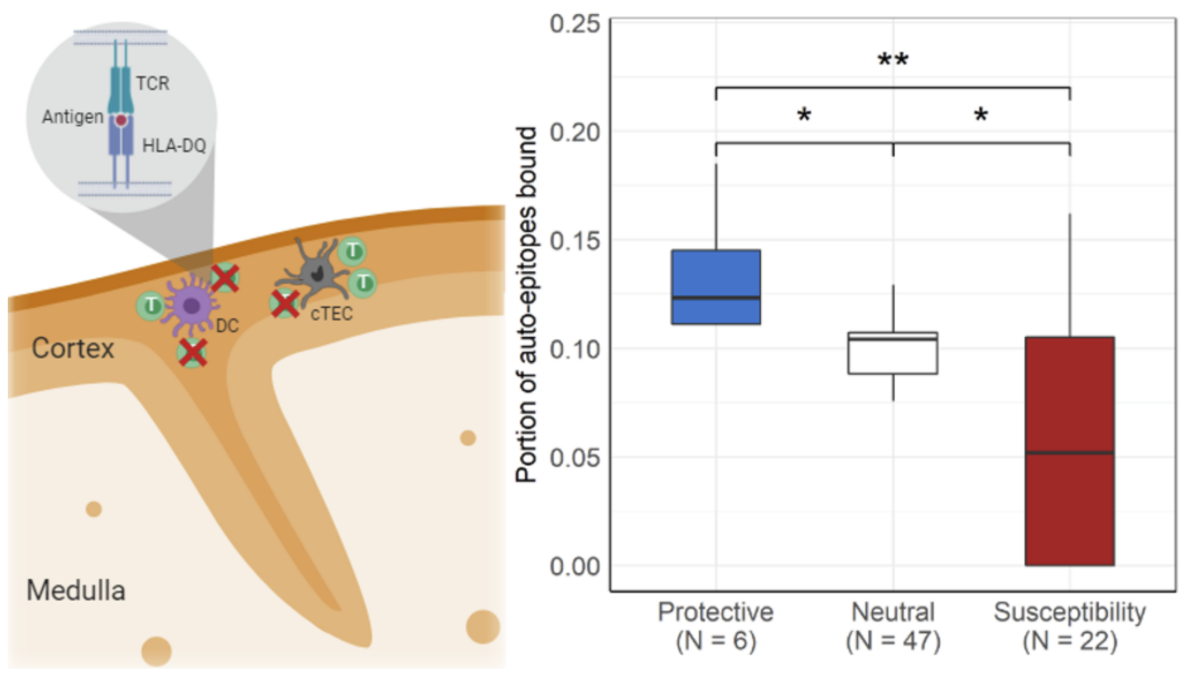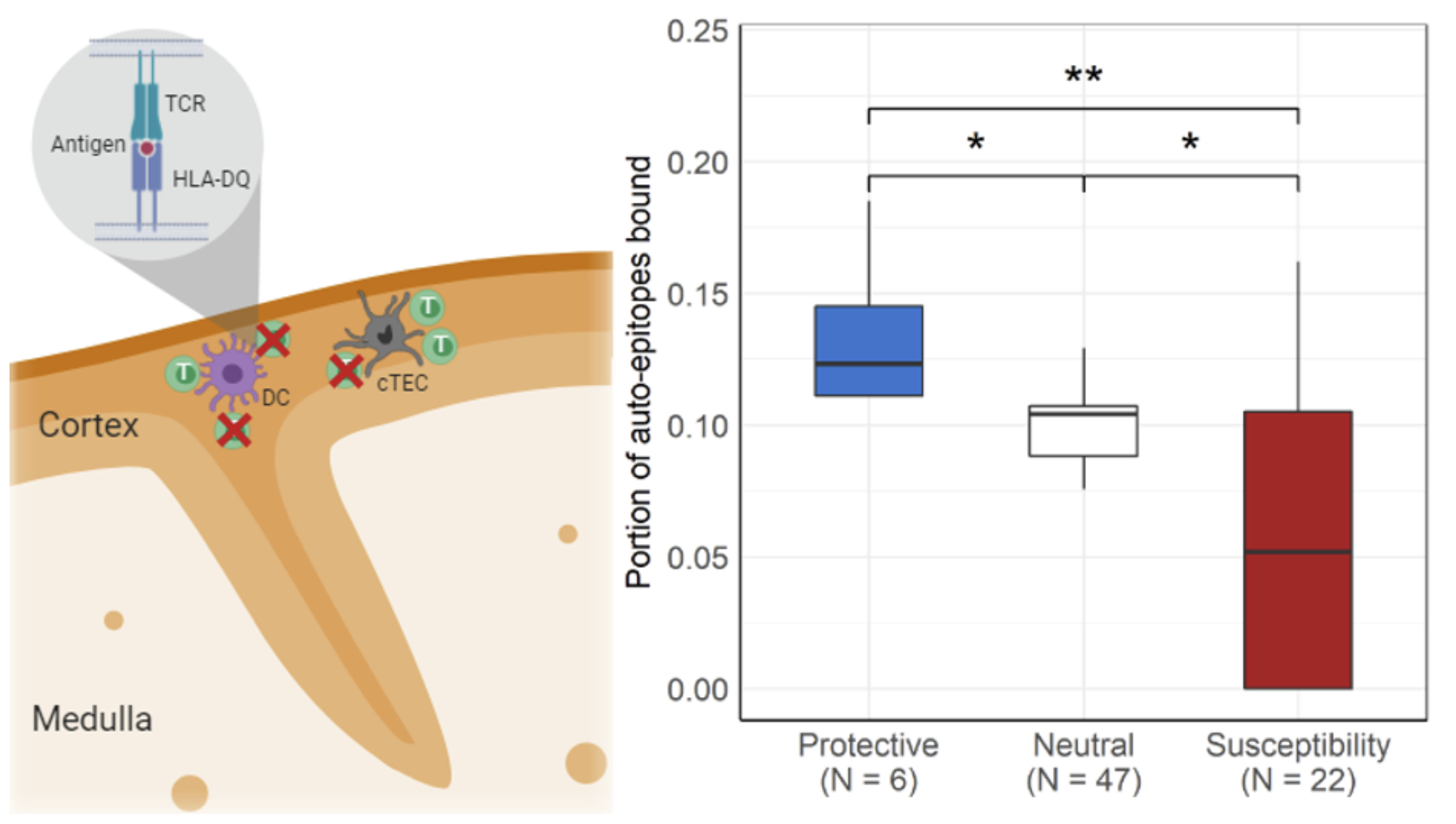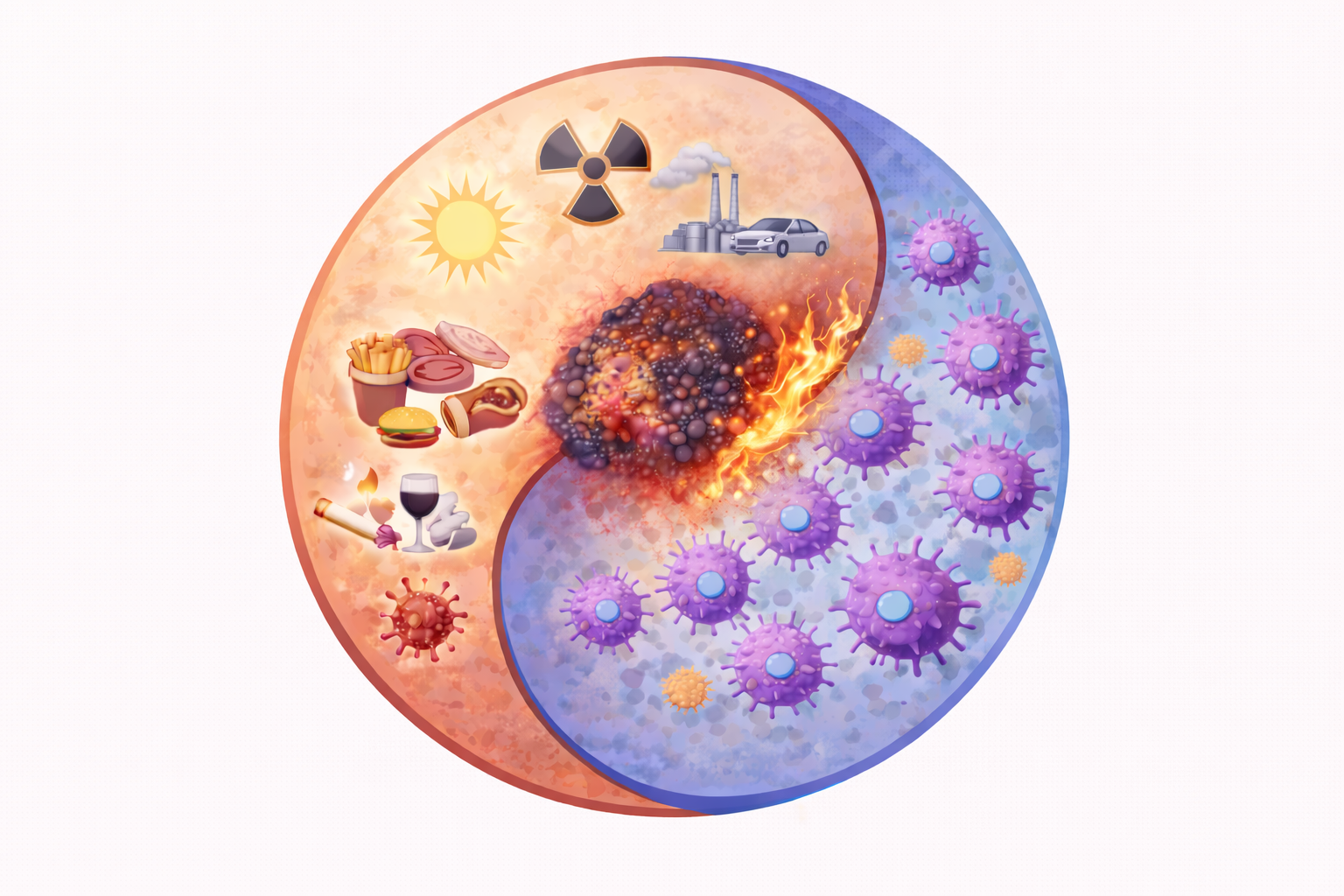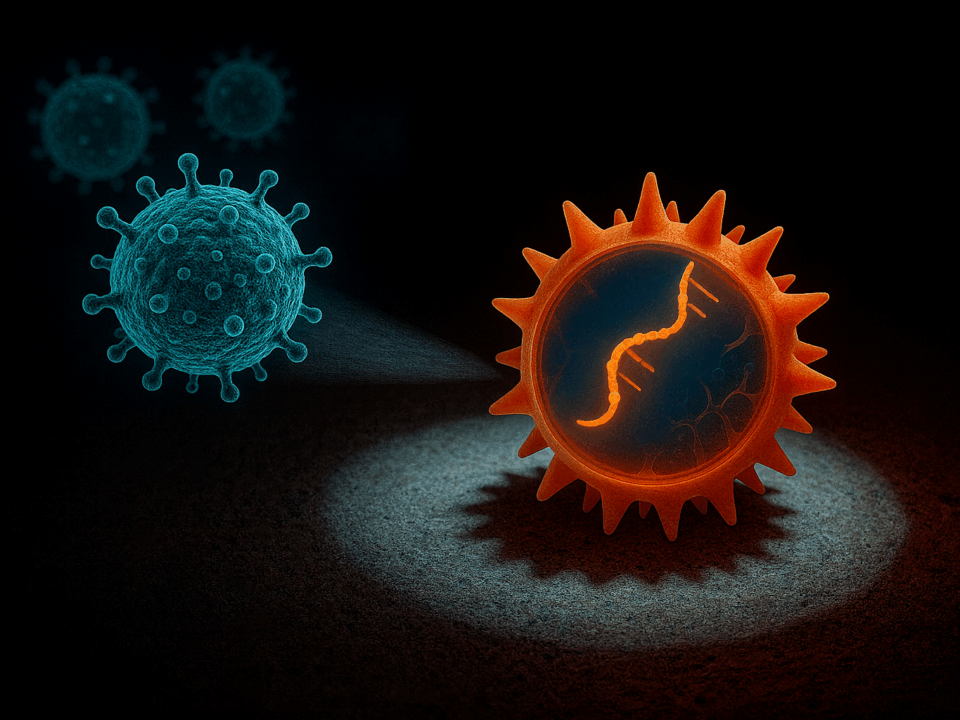
Peptide presentation by HLA-DQ molecules is associated with the development of immune tolerance

Máté Manczinger, Lajos Kemény
HLA class II proteins are important elements of human adaptive immune recognition and are associated with numerous infectious and immune-mediated diseases. These highly variable molecules can be classified into DP, DQ and DR groups. It has been proposed that in contrast with DP and DR, epitope binding by DQ variants rather results in immune tolerance. However, the pieces of evidence are limited and controversial. We found that DQ molecules bind more human epitopes than DR. Pathogen-associated epitopes bound by DQ molecules are more similar to human proteins than the ones bound by DR. Accordingly, DQ molecules bind epitopes of significantly different pathogen species. Moreover, the binding of autoimmunity-associated epitopes by DQ confers protection from autoimmune diseases. Our results suggest a special role of HLA-DQ in immune homeostasis and help to better understand the association of HLA molecules with infectious and autoimmune diseases.
Full version of the publication




